The Financial Conduct Authority issued 146 alerts on crypto asset marketing, multiple payment companies in Canada are trying to spur adoption of open banking, and more.
See what's happening around the world.
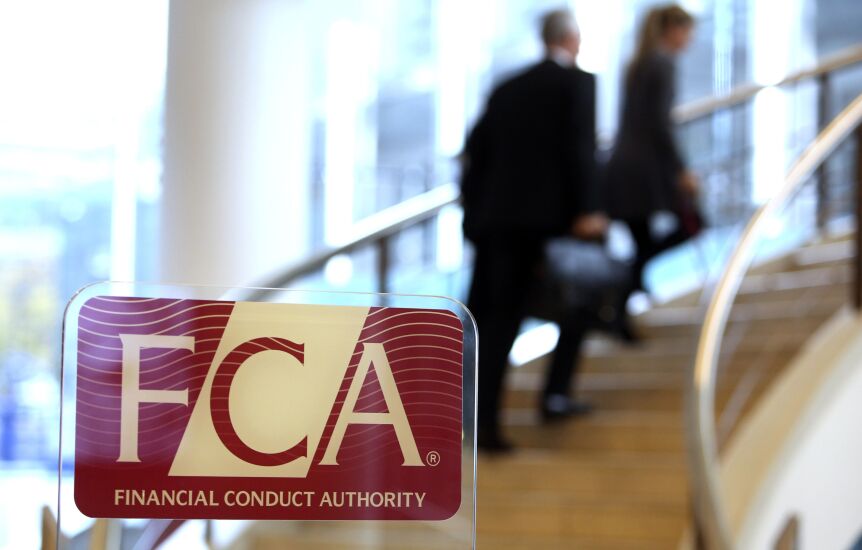
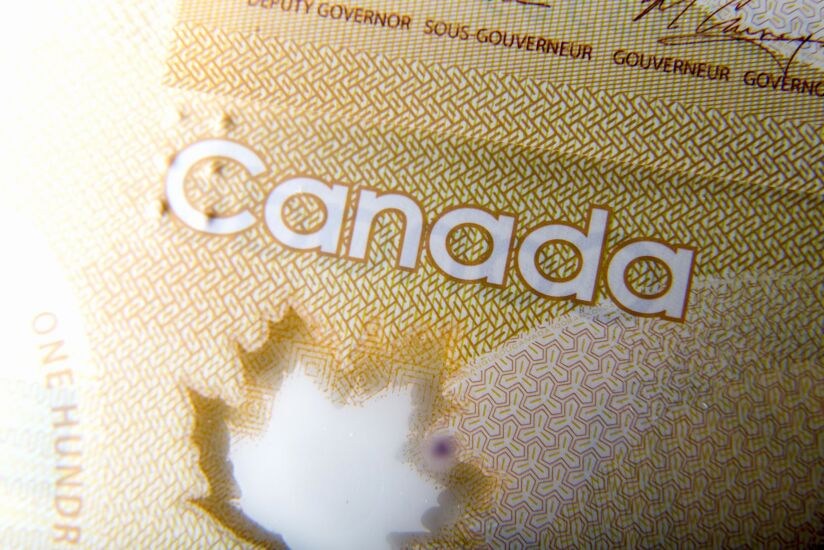


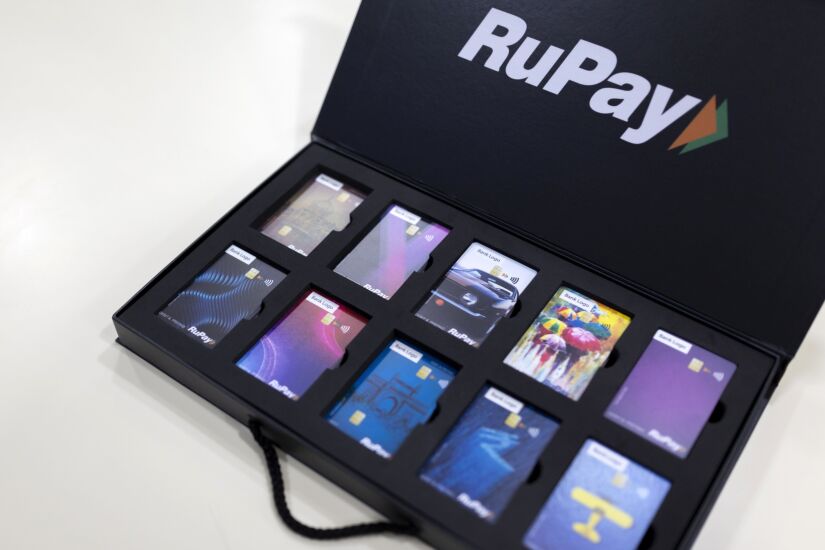

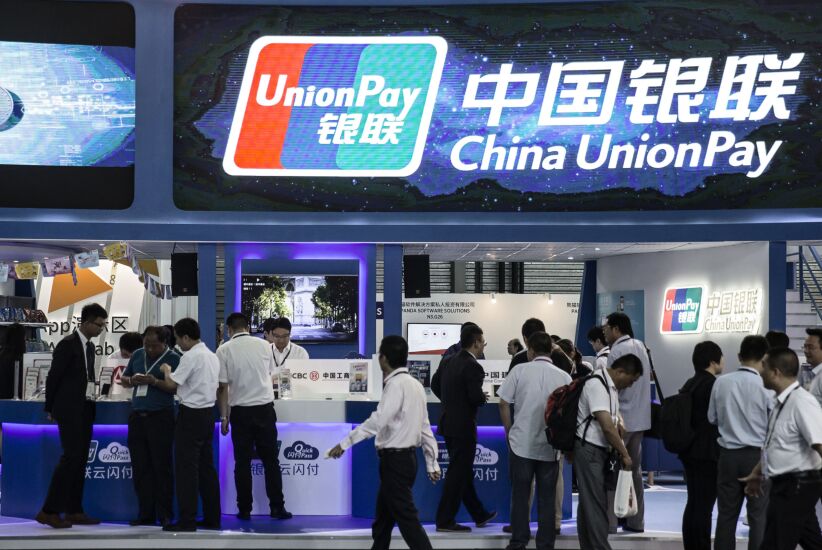


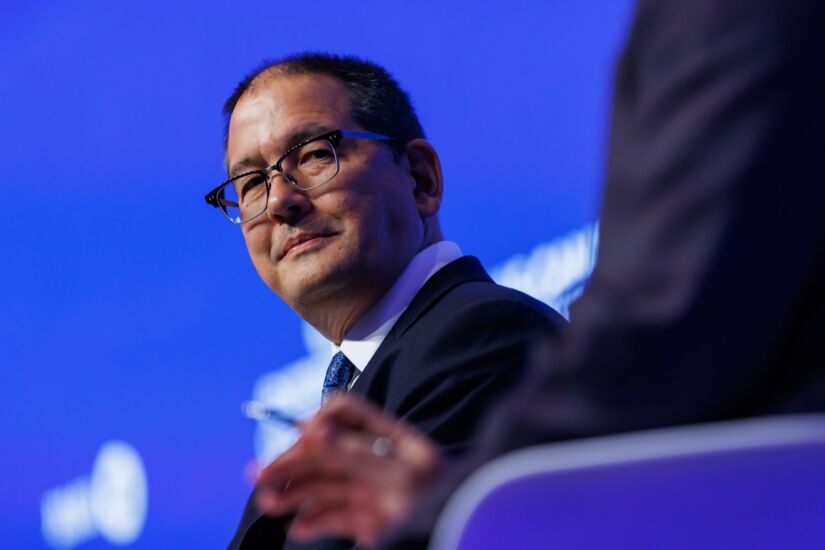

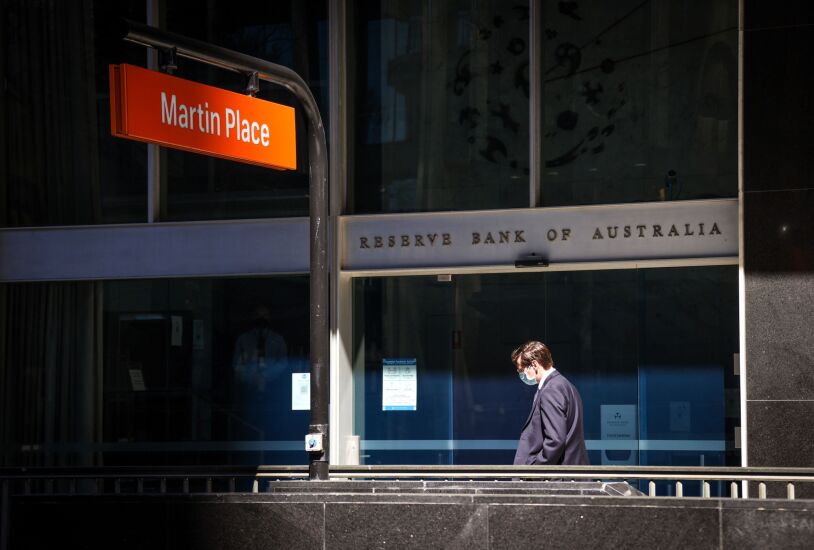
HoldCo Asset Management says that shareholders should reject Fifth Third's proposed acquisition of Comerica during a Jan. 6 vote due to what it calls an "unacceptable" negotiation process and the possible upside from another deal.
Part of the growing "phishing-as-a-service" economy, the Spiderman kit offers novice hackers sophisticated tools to target customers of major EU institutions.
Banks may need to offer people over the age of 65 more than just digital experiences, according to an executive at J.D. Power, which surveyed more than 11,000 retail banking customers.
In a move some industry observers call "dangerous and irresponsible," the administration is taking down consumer protection guardrails that have been put up by states like California and Colorado.
Rohit Chopra is named senior advisor to the Democratic Attorneys General Association's working group on consumer protection and affordability; Flagstar Bank adds additional wealth-planning capabilities to its private banking division; Chime promotes three members of its executive leadership team; and more in this week's banking news roundup.
The Office of the Comptroller of the Currency Friday approved national trust charter applications for five crypto firms, affirming the administration's push to allow crypto companies the ability to take deposits.